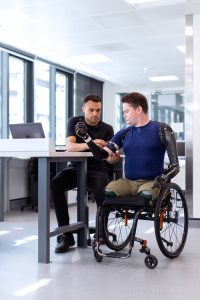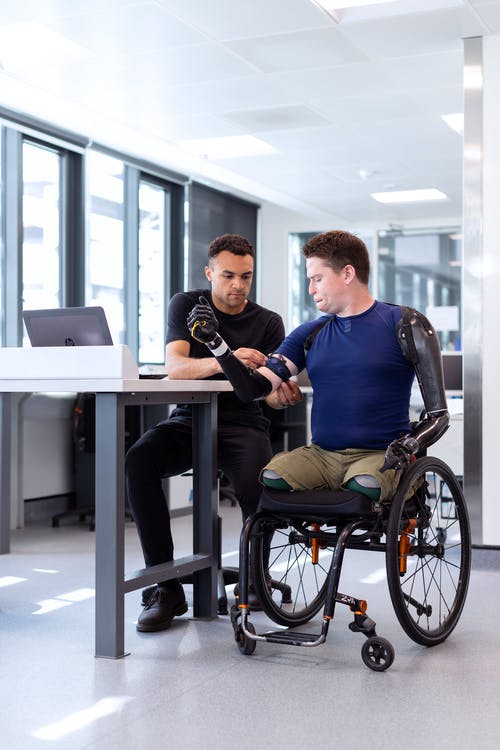What are the qualifications of an interpreter for disabled peoples? These are people who have the responsibility of interpreting for people who cannot speak or hear. These people are most often those who have been injured, disabled, or have a chronic illness that makes it difficult to carry out everyday activities. The services of these persons need to be hired by various government as well private organizations. They are needed to convey important messages to the public.
What are the different types and types of professionals that can be hired to interpret for disabled people? There are many types of interpreters available: practical interpreters and professional interpreters. Each service is needed for specific situations.

How do you find qualified interpreters for disabled? Start your search by contacting the closest agency that offers such services. Contacting agencies directly will allow you to access more resources and highly skilled home care services melbourne. However, you should know that most agencies do not hire out interpreters on their own. They usually depend on private organizations and churches for the provision of interpreters for disabled. You can find this type of service by checking with the United States Bureau of Labor Statistics.
Many organizations offer training for interpreting for people with hearing impairments and/or speech impairment. These organizations also offer workshops and courses to businesses and agencies that provide this type of service. Many of these agencies require interpreters with disabilities to have at least an undergraduate’s degree in English, or a related language. Others require applicants to have completed a specific number of interpreting courses. You may be eligible to work as an interpreter professional if you have a degree in communications or another related field.
Certain companies offer translation services only, while others provide interpreting services as well. There are many translation agencies that offer services to deaf and hard of hearing individuals. They can work in their own language, or they can translate articles from foreign languages into the client’s mother tongue. Translators for such agencies are usually trained interpreters who are familiar with the local dialect of the people who need their assistance.
Certain colleges and universities provide training in interpreting for the deaf and hard of hearing. However, these programs may not include all aspects of deafness and interpreting for the blind. Some schools prefer to hire hearing and deaf interpreters from a pool which has received training in interpreting. Such interpreters have a great command over the use of the English language. Interpreters for the blind or deaf rely on their English skills to communicate effectively with hearing impaired people and relay instructions from doctors and other professionals.
Not everyone is able to communicate in English. This is one reason why many agencies prefer working with qualified interpreters who are familiar with the local dialect of the people who are receiving treatment. Many agencies can provide fast and efficient service to their clients by using deaf interpreters who have years of experience. Sometimes, an interpreter is required within minutes of arriving at the scene of a medical emergency. Qualified interpreters can ensure that all children are treated equally in emergency situations.
There are more agencies providing interpreting services for the deaf than ever before. There are many agencies that offer this service now, so blind and deaf people have more options than ever before. Blind and deaf interpreters for medical and legal need are available for anyone who needs them. If you are able and financially able to hire an interpreter fluent in your native language, you will be able to get the services that you need.

